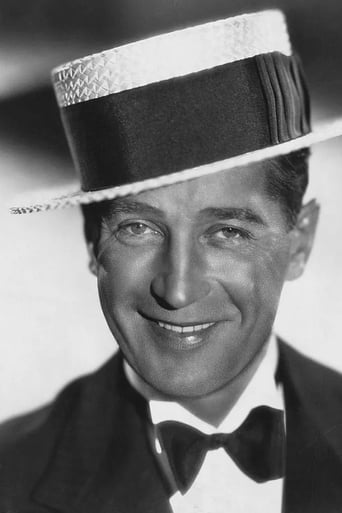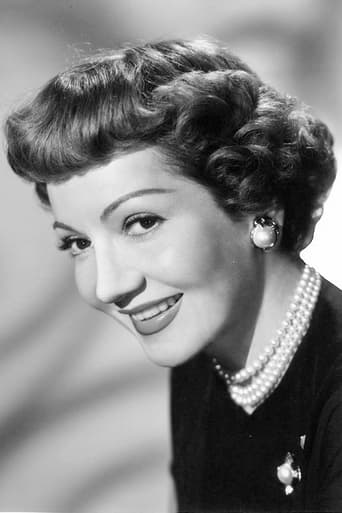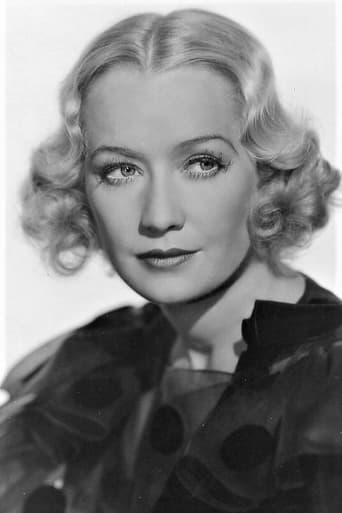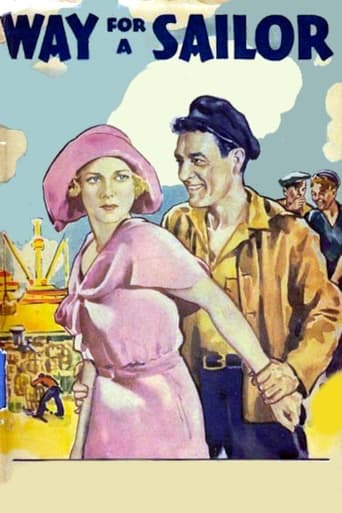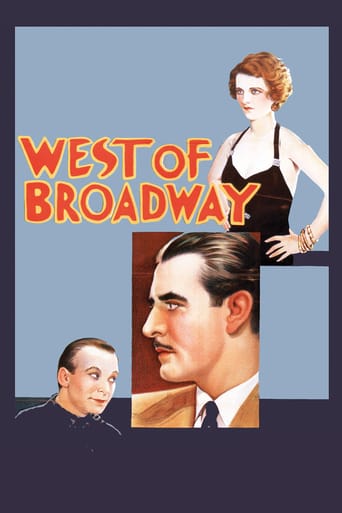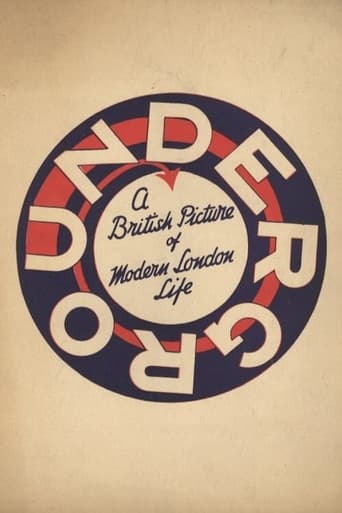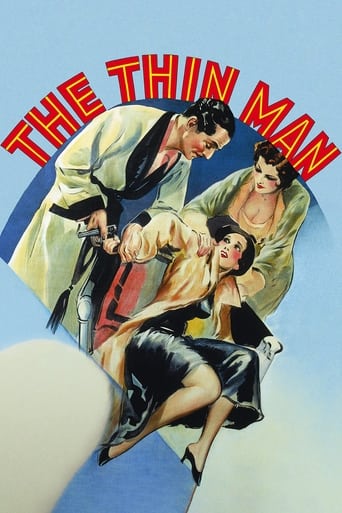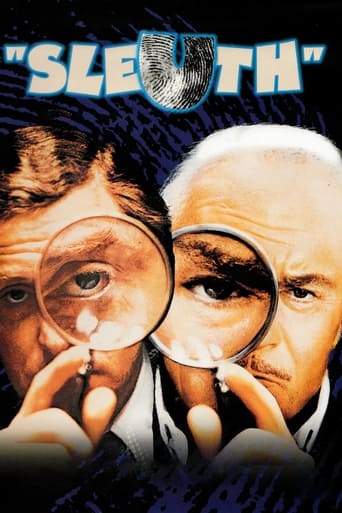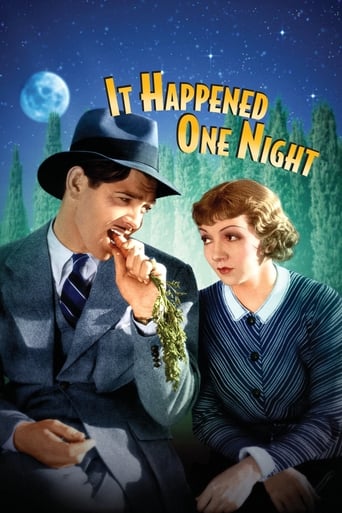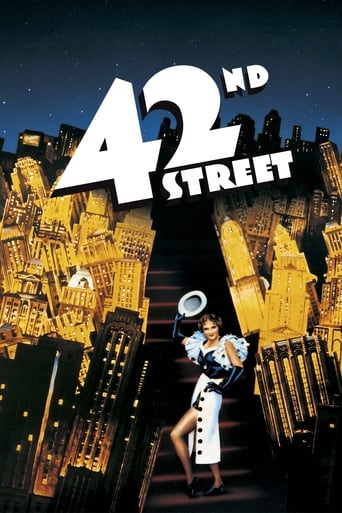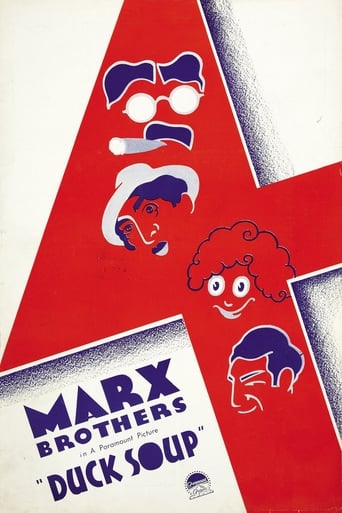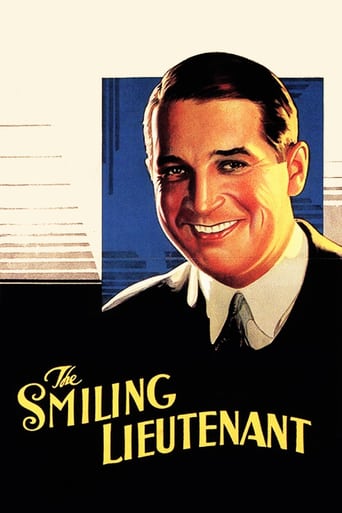
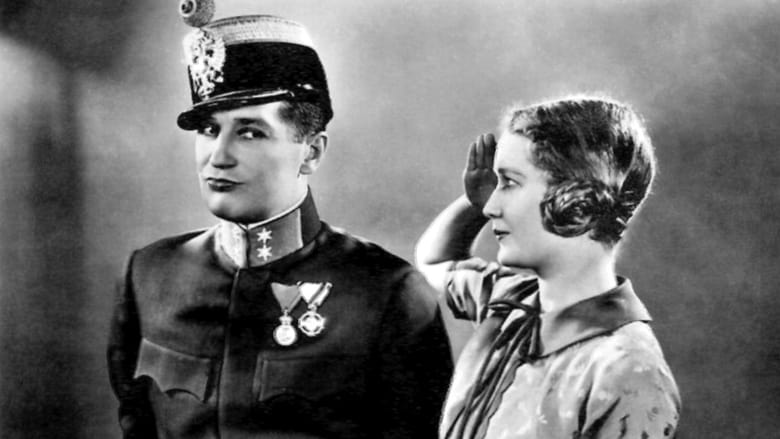
The Smiling Lieutenant (1931)
An amorous lieutenant is forced to marry a socially awkward princess, though he tries to keep his violin-playing girlfriend on the side.
Watch Trailer
Cast


Similar titles
Reviews
I love this movie so much
Very interesting film. Was caught on the premise when seeing the trailer but unsure as to what the outcome would be for the showing. As it turns out, it was a very good film.
It's a feast for the eyes. But what really makes this dramedy work is the acting.
This is a coming of age storyline that you've seen in one form or another for decades. It takes a truly unique voice to make yet another one worth watching.
Producer: Ernst Lubitsch. Copyright 3 August 1931 by Paramount Publix Corporation. Filmed at Paramount's Astoria Studio in New York. New York opening at the Criterion: 22 May 1931. U.S. release: 22 March 1931. 102 minutes. SYNOPSIS: Lieutenant winks at passing princess. Lieutenant is forced to marry princess.NOTES: Nominated for Hollywood's most prestigious annual award for Best Picture, but lost out to "Grand Hotel". Mordaunt Hall of The New York Times selected The Smiling Lieutenant as one of the "Ten Best Films of 1931". The film is a remake of "A Waltz Dream" (1925) directed for Ufa by Ludwig Berger, starring Mady Christians and Willy Fritsch, released in the USA by M-G-M. (Interestingly, Lubitsch was originally assigned to direct this movie, but left for America before shooting commenced).COMMENT: A trifle disappointing. Many of the situations recall The Love Parade (1929) in which Maurice Chevalier starred for producer/director Lubitsch opposite Jeanette MacDonald. Admittedly, Miss Colbert fills Jeanette's shoes most charmingly, while Miriam Hopkins is an absolute standout as the nasty princess. But this itself creates what I felt was a downbeat conclusion.Another problem for me lies in the unheralded disappearance of Charlie Ruggles. After a splendid introduction, he simply drops out of the action after five or ten minutes and doesn't come back! True, George Barbier makes an able substitute in the amiable buffoon department and provides many of the movie's best laughs. As for Chevalier, he plays with his usual gusto, though his unabashed breeziness in the face of some rather weak (or repetitive) material does become a little trying. The songs, despite their lilting score, fail to catch the ear. Not a single one of them do I remember just a few hours later! Admittedly, I'm being a bit hard on "The Smiling Lieutenant" because it didn't quite live up to my expectations. But even so, I'd still give it at least eight out of ten. Production values, as usual, are magnificent, and the celebrated "Lubitsch touch" is evident right from the very start.
Since this seems to have been largely unnoticed by most of the previous commentators, I will just add a paragraph here to point out that this movie is an adaptation, of sorts, of one of the major hits of the Viennese musical stage during the first decade of the 20th century, Oscar Straus' Ein Waltztraum/A Waltzdream. The characters' names and some of the situations are kept, as are a few of the original numbers, mostly used as background music. (Most of the actual songs are new, and not from the operetta.) You might say "So what?", especially if you have no interest in silver-age Viennese operetta. But this factoid is of interest in that, 3 years later, MGM would try the same thing, once again with M Chevalier directed by Ernst Lubitsch, on another of the major hits of the Viennese musical stage during the first decade of the 20th century, and that time the result would be a smash success: The Merry Widow. (Replacing Miriam Hopkins with Jeannette McDonald helped a lot, as did Lehar's music, which is a lot better that Straus's.) This movie didn't do much for me - neither does A Waltzdream, frankly - but it's interesting to see a first attempt at something MGM, Lubitsch, and Chevalier would soon do so much better.
"Shall I see you again?" asks Lieutenant Niki von Preyn (Maurice Chevalier). "Oh, I hope so," says Franzi (Claudette Colbert), the luscious and liberated young violinist and leader of an all-girl orchestra in Vienna. Niki met her an hour or so ago at an outdoor biergarten. "When?" "Well, perhaps tomorrow night. We could have dinner together," she says "Ohhh don't make me wait 24 hours. I'm so hungry!" "Well then perhaps we could have tea tomorrow afternoon." "Why not breakfast tomorrow morning?" Niki suggests with a smile. "No, no. First tea then dinner then maybe breakfast." The scene fades out with a kiss and the next scene opens with a shot the next morning of two eggs being fried.It is apparent that Franzi and Niki are delighted with each other. But then Niki, called to duty as the captain of the guard while the King and Princess Anna (Miriam Hopkins) of Flausenthurm are welcomed into Vienna with a grand procession, smiles and winks at Franzi from across the cobblestone street just as the king and princess pass by in their open coach. Wouldn't you know it, Princess Anna thinks Niki had the temerity to flirt with her. She's outraged. The king says Niki must be punished. But when they meet, Niki's charm does the trick. Except now Princess Anna, who only knows of life and love from an encyclopedia where all the good parts were removed, is determined to marry him and believes Niki loves her. When she threatens to marry an American if she doesn't get her way, her father, the king, decides he must agree. His little Anna is in love. Duty, honor and the Emperor dictate that Niki must marry the princess. But with the marriage, where does that leave Franzi? And after the marriage, for that matter, where does that leave Niki?Well, if anyone could make a light-as-air, amusing and naughty operetta about joyous sex and then performance resistance, which includes viewing a variety of inviting-looking beds, Ernst Lubitsch is just the director. There's a slightly bittersweet but essentially happy ending, of course, even if Niki stays married. "Girls who start with breakfast usually don't stay for supper. Take care of our Niki," says Franzi to Anna but only after advising the princess in song about the secrets of keeping a man happy and active...namely, to jazz up your lingerie. Chevalier and Colbert do expert jobs to keep this plot moving so quickly and charmingly that we don't have time to think too much about it. For me, however, Miriam Hopkins just about steals the movie. She's innocent and sly, spoiled and naive and somehow is able to be all these at the same time. We know what we're getting with Chevalier and Colbert. We delight in it. Hopkins, however, surprises us and makes us laugh every time she appears. Her line delivery is a work of art. Hopkins had an unsatisfactory career in Hollywood, and it's our loss. Enjoy her skill and style in Trouble in Paradise and Design for Living, both directed by Lubitsch. They were at the top of their game, both of them, and that's saying a lot.
There is more real sexuality between male and female in five minutes of a Lubitsch musical than in two and a half hours of any average film you're likely to see today. Needless to say, there is no nudity. It's all done with innuendo and the extraordinary degree of energy and physical magnetism that Lubitsch manages to elicit from all his actors. For once in a film, you actually feel that these extremely attractive young people can hardly wait to go to bed with each other, and when they do (off-screen of course) the result is transformative. When they burst out in song, as they do on the slightest provocation in a Lubitsch musical, it is because they are full of emotions they can no longer contain. There's nothing dirty or smutty whatsoever in the Lubitsch Touch, as there is sometimes in the work of his disciple Billy Wilder. Lubitsch's characters explode with life, the joy of being young and in love. There are many great film directors, but not one has ever been able to create the kind of sexual energy that Lubitsch puts into all his films. Silly as the plots may be, mediocre as most of the songs are, his films bristle with the romance and humor of life.


